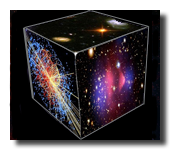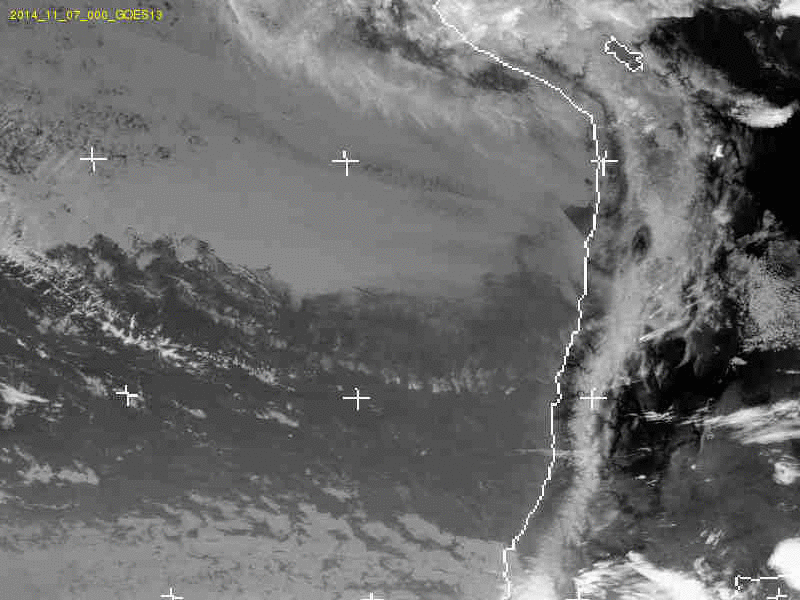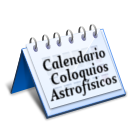Cosmology is a rapidly developing area linking aspects of theories of gravitation, particle physics and astrophysics. The discovery of the accelerating universe expansion and the successful detection of anisotropy and polarisation in the cosmic background radiation implies a universe where almost 96% of its content is unknown in nature. We know that most of the dark matter is non baryonic, and that dark energy fills the universe to the largest observed scales. In this group we study topics in theoretical cosmology, both at early times (inflation, reheating) and at later epochs (dark matter and dark energy dominated eras). We also study the constraints on alternative cosmological models, using specially, information from galaxy clusters as observational probes, such as, gravitational lensing, X-ray emision, Sunyaev-Zeldovich effect, etc. Victor Cardenas and Jose Villanueva develop theoretical models for dark matter and dark energy, testing them against a diverse set of observational data, to help us to better understand the features of these dark components.
Investigators:
Professors: José Villanueva - Víctor Cárdenas - Osvaldo Herrera
Students: Constanza Osses (undergraduate student)
The theoretical physics group of the Instituto de Física y Astronomía at the Universidad de Valparaíso does research in several areas, ranging from the very small - as in the study of elementary particles - to the largest scales imagined – as is given in the study of theories of gravitation and cosmology. These complement each other, since its members work on converging themes, besides being related to astrophysics. In our institute various topics are discussed in the following areas:





